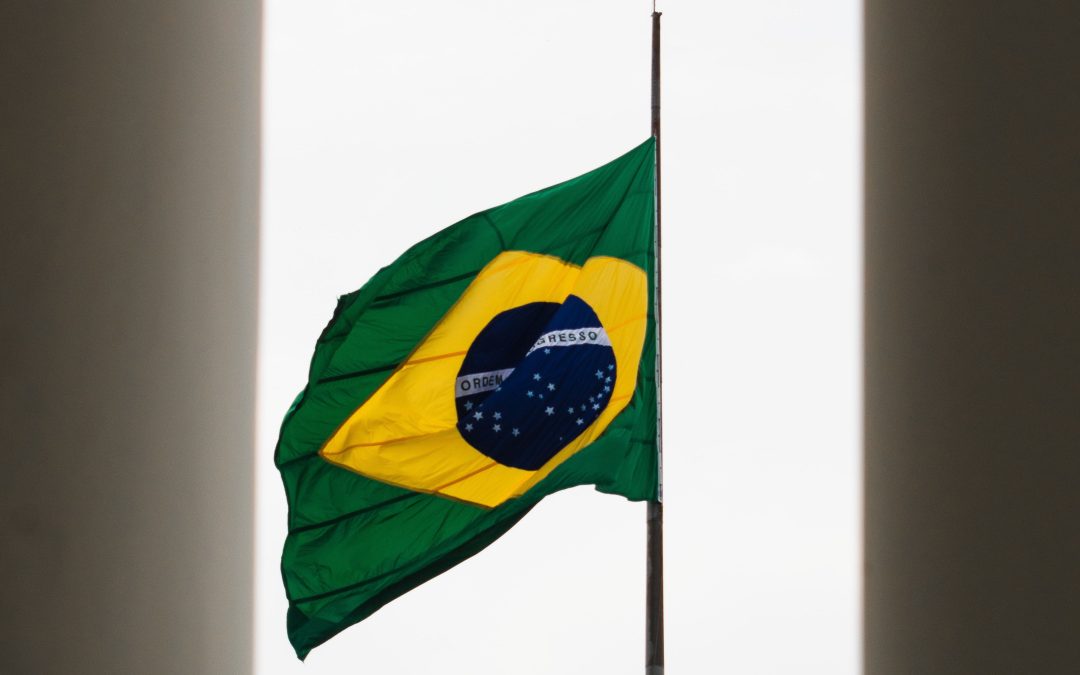Phone-focused blockchain Celo launched cREAL, a stablecoin pegged to Brazil’s local currency the real, the platform announced Thursday.
As of Thursday, cREAL will be available on Brazil-based crypto exchanges Ripio, FlowBTC and NovaDAX. Crypto wallets Bitfy and Coins will also support the stablecoin.
NovaDAX users will be able to spend cREAL with the prepaid crypto card issued by the crypto exchange. Bitfy customers will be able to use the cREAL throughout the Cielo network, Brazil’s largest credit and debit card operator.
The cREAL was proposed and then approved by the owners of Celo’s native digital asset (CELO) and governors of the blockchain, Celo’s co-founder and Celo Foundation’s President Rene Reinsberg told CoinDesk.
Celo, a proof-of-stake and open-source blockchain, already has cUSD and cEUR stablecoins, pegged to the U.S. dollar and the euro respectively.
“There was a lot of excitement for crypto in Brazil,” Reinsberg said. “But, specifically in the Celo community, we have seen a lot of teams built on Celo, integrated with Celo, using cUSD. From the outset, Brazil was obviously one of the strongest markets in terms of adoption.”
According to Celo, cREAL works as a decentralized, crypto-collateralized algorithmic stablecoin that can be used for CeFi and DeFi apps and services on the Celo blockchain, such as the lending protocol Moola Market, the decentralized exchange Ubeswap or Valora, a mobile-first digital wallet native to the Celo network.
“The rate of cryptocurrency adoption in high-growth markets — in particular Brazil — not only signals growing excitement for this new digital economy, but the advance of real-world use cases,” Celo Foundation’s Latam lead Camila Rioja said in a statement.
Brazilians are turning to cryptocurrencies and, in particular, stablecoins amid record inflation and a devaluation of their local currency. According to Receita Federal, the Brazilian tax authority, between January and November 2021, locals traded $11.4 billion in stablecoins and almost tripled the total traded in 2020.
Looking to take advantage of that crypto boom, several global exchanges, including Binance, Coinbase and Crypto.com see the country as Latin America’s main market in 2022.
In Brazil, Celo currently supports projects such as ImpactMarket, a universal basic income program built on its blockchain that delivered blockchain-based aid to 10,000 beneficiaries in the Latin American country up to now, Reinsberg said.
In December, Kickstarter announced that it was creating an open-source protocol to release a decentralized version of Kickstarter’s core functionality on the Celo blockchain.










